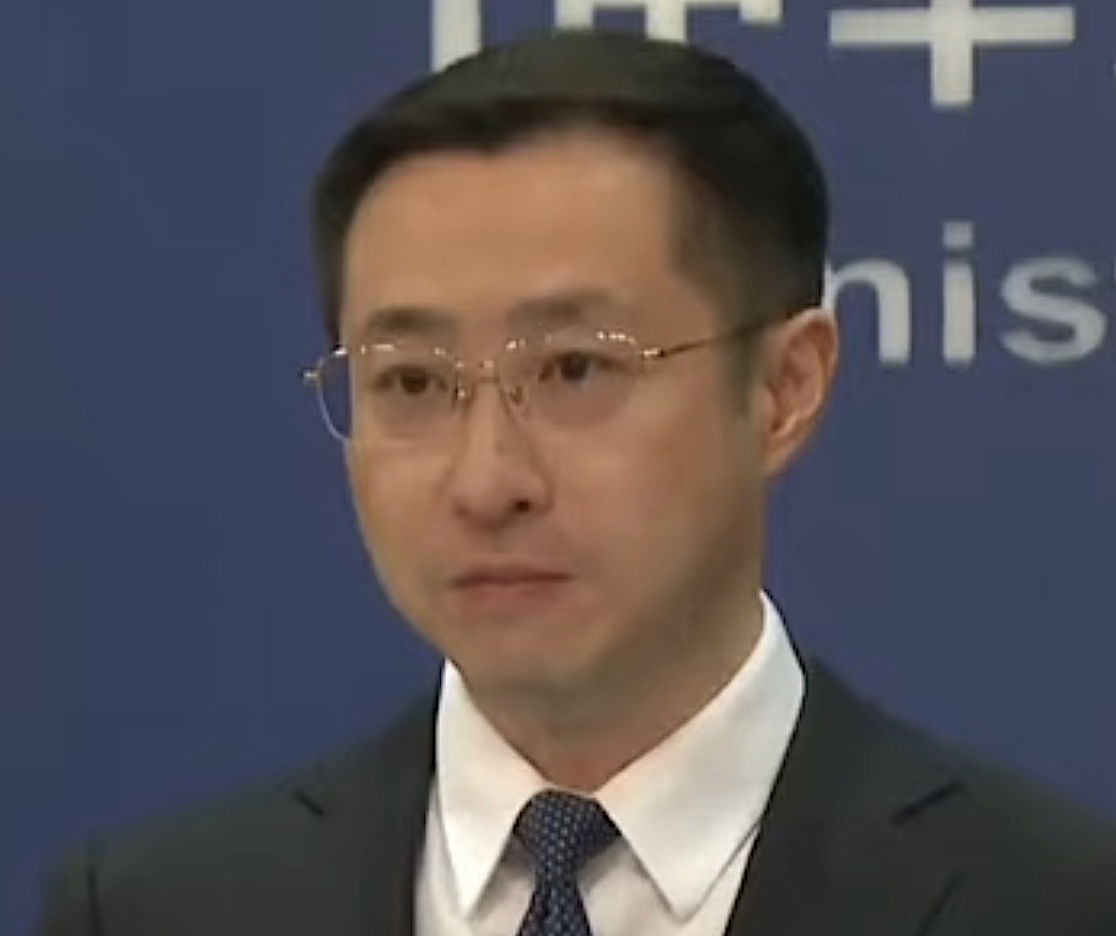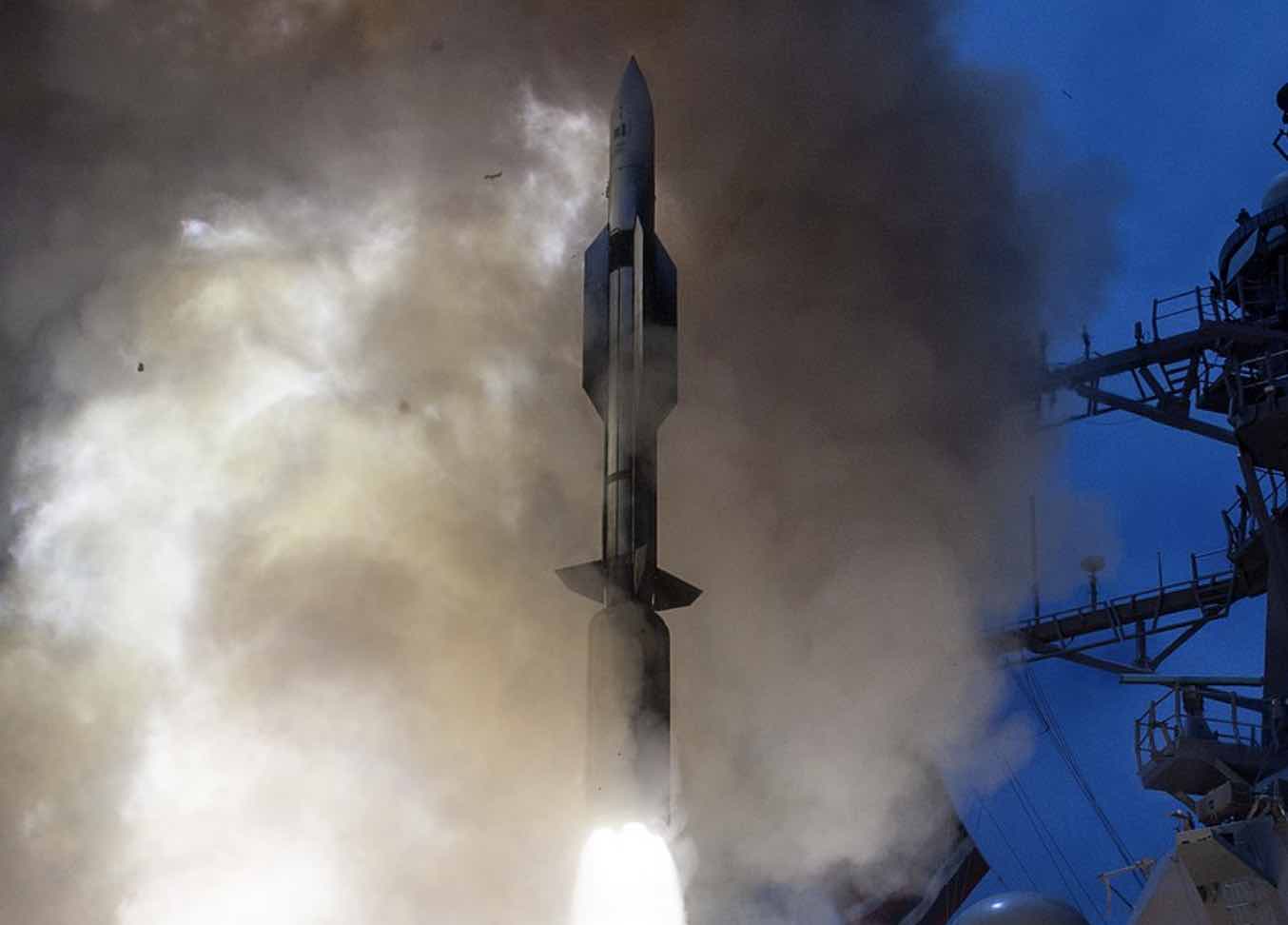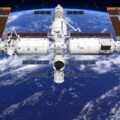

Welcome to this week’s Intelligence Brief… recently, NATO issued a rare statement of disapproval against China, prompting a response from Beijing amid increasing international tensions in Europe and other parts of the world. In our analysis this week, we’ll be looking at 1) China’s response to NATO’s recent rebuke, 2) Russia’s plans to conduct military countermeasures following a joint announcement by the U.S. and Germany this week, and 3) the dynamics that are increasingly convincing more experts that China is a key player in Russia’s efforts, as well as 4) what many call the 21st-century Cold War.
Quote of the Week
“The PRC has become a decisive enabler of Russia’s war against Ukraine through its so-called ‘no limits’ partnership and its large-scale support for Russia’s defence industrial base. This increases the threat Russia poses to its neighbours and to Euro-Atlantic security.”
– Summit declaration by the Heads of State and Government at the North Atlantic Council meeting in Washington, D.C., 10 July 2024
Latest News: In recent articles at The Debrief, the first successful test firing of a new engine that will power both hypersonic and in-space flight was announced this week by Ursa Major. Elsewhere, the James Webb Space Telescope has helped identify what astronomers are calling one of the most promising habitable zone exoplanet candidates ever discovered. You’ll find links to all of our recent stories at the end of this week’s newsletter.
Podcasts: In podcasts this week, over on The Micah Hanks Program I look at the potential intersections between artificial intelligence and unidentified anomalous phenomena. Meanwhile, as The Debrief Weekly Report takes a brief summer vacation, you can catch up on past episodes over on The Debrief’s Podcasts Page.
Video News: Premiering this week on Rebelliously Curious, Chrissy Newton will be joined by Michael Raduga, Founder of REMspace, to discuss how he and researchers from the startup REMspace are testing technology that allows people to control devices in their ‘smart home’ while in a lucid dreaming state. Be sure to check out other great content from The Debrief on our official YouTube Channel.
With that all behind us, it’s time we shift our focus toward the rising tensions between NATO and China and what this means in the broader geopolitical context of what many already characterize as a new Cold War.
China Pushes Back After NATO Statement
Earlier today, China leveled accusations against NATO that the organization was prioritizing its security above other nations amidst rising tensions over ties between Ukraine and Asian countries with the Western intergovernmental military alliance.
The accusations followed a NATO statement that characterized China as an enabler of the current war being waged against Ukraine by Russia, which was condemned by China’s Foreign Ministry spokesperson, Lin Jian, during a briefing on Thursday.


“NATO hyping up China’s responsibility on the Ukraine issue is unreasonable,” Jian said today, adding his belief that the organization “has sinister motives.”
China has already received pushback from Western nations for its support of Russia and refusal to condemn the country’s invasion of Ukraine, which China does not characterize as unlawful. The uncharacteristic rebuke from NATO signals the potential for renewed pressure against China to limit its exportation to Russia.
Missiles and Military Countermeasures
China’s accusations came amidst reports that Russia is allegedly preparing military countermeasures following news that the United States planned to deploy long-range missiles to Germany.
“The United States will begin episodic deployments of the long-range fires capabilities of its Multi-Domain Task Force in Germany in 2026, as part of planning for the enduring stationing of these capabilities in the future,” read a joint statement issued by the U.S. and Germany on Wednesday.


“When fully developed, these conventional long-range fire units will include SM-6, Tomahawk, and developmental hypersonic weapons, which have significantly longer range than current land-based fires in Europe,” the statement read. “Exercising these advanced capabilities will demonstrate the United States’ commitment to NATO and its contributions to European integrated deterrence.”
Following Wednesday’s statement, Russian Deputy Minister Sergei A. Ryabkov said Moscow is planning a response.
“Without nerves, without emotions, we will develop a military response… to this new game,” said Ryabkov in a statement provided to the Russian news agency Interfax this week.
A 21st-Century Cold War
This week’s developments are starkly similar to events from decades ago when competitive missile deployments by the U.S. and Soviet Union often complicated international tensions for America’s ally nations in Europe. Additionally, the increased economic ties seen in recent months between China and Russia further complicate matters by offsetting the impact of sanctions imposed against Russia since the onset of the Ukraine conflict.
With China having been labeled by NATO as an “enabler” of the war in Ukraine this week, an already tense situation has become even more volatile as Beijing continues to assert concerns over NATO expansion, in alignment with similar concerns expressed by Russia over NATO’s growth in recent years.
“China urges NATO to stop interfering in China’s internal politics and smearing China’s image, and not create chaos in the Asia-Pacific after creating turmoil in Europe,” Lin said this week.
Despite China’s accusations, several nations have strengthened their ties with NATO, including Indo-Pacific nations like Australia, Japan, and South Korea, all of which recently participated in NATO’s annual summit. Meanwhile, similar to Russia’s posturing following Wednesday’s joint announcement between the U.S. and Germany, China has said it is conducting what is recognized as its first joint drills in Belarus, a key ally of Russia.
Winning Over the Skeptics
The alliance between the countries underscores the emerging multipolarity of 21st-century global politics. With their expanding geopolitical collaborations, Russia increasingly depends on its neighbors in China for economic support, particularly regarding energy trade.
Speaking with The New York Times this week, Institute for National Defense and Security Research policy expert Liou Shiau-shyang called NATO’s statement “a very rare move,” adding that the alliance seldom ever would openly accuse China of “massively supporting Russia’s defense industrial base.”
Shiau-shyang, whose policy focus involves China and Russia and whose organization is a Taiwan-based government-funded research group, added, “Clearly, the United States has won over some skeptics who did not see China as a key player in the Russia-Ukraine war.”
That concludes this week’s installment of The Intelligence Brief. You can read past editions of The Intelligence Brief at our website, or if you found this installment online, don’t forget to subscribe and get future email editions from us here. Also, if you have a tip or other information you’d like to send along directly to me, you can email me at micah [@] thedebrief [dot] org, or Tweet at me @MicahHanks.


Here are the top stories we’re covering right now…
- Future Moon Bases Could be Built Using This Game-Changing Technology Derived from Off-Planet Material
Scientists have proposed a novel method of allocating materials for the future construction of Moon bases using resources already present on the lunar surface.
- Air Force-Funded Ursa Major Successfully Test Fires “Draper” Engine Built to Power Spacecraft of the Future
Ursa Major has announced the first successful test firing of its Draper engine, which will power both hypersonic and in-space flight.
- Webb Telescope Reveals “Best Habitable Zone Exoplanet Currently Known,” and It Could Be Home to Alien Life
The James Webb Space Telescope has helped identify “one of the most promising habitable zone exoplanet candidates” ever discovered.
- New Study Illuminates Brain’s Response to Emotionally-Charged Stimuli, Highlighting Evolutionary Survival Mechanisms
New research reveals how the human brain processes emotionally charged situations more effectively than AI machine learning.
- Lithium Batteries Could Soon Be Greener, Thanks to This Game-Changing New Process
A new process may soon make lithium batteries, which can hold twice or more the charge of current lithium-ion batteries, more environmentally sound.
- Clues to Exoplanet Formation Unveiled in Smelly New Astronomical Discovery
A multi-university team of researchers has recently identified a crucial compound in the atmosphere of exoplanet HD 189733 b.
- Could AI Avatars Become 21st-Century Tombstones?
Rather than staring at a tombstone in a graveyard, what if one could engage in fresh conversations with AI avatars?
- James Webb Space Telescope is Revealing Surprising Secrets About a Massive and Extremely Remote Space Object
The James Webb Space Telescope is obtaining significant new insights into the early universe with detailed new imagery of the quasar PJ308–21.
- Mysterious ‘Scars’ of Mars Unveiled in Images of Massive Feature Captured by Mars Express Spacecraft
Striking new images obtained by the Mars Express spacecraft have revealed a massive scar on the surface of Mars.
- NASA’s GOLD Satellite Discovers Mysterious Plasma Structures in the Earth’s Atmosphere
NASA’s GOLD satellite has stumbled onto bizarre X-and C-shaped plasma structures in the Earth’s atmosphere, leaving scientists stumped.
- Elon Musk’s Neuralink Delays Second Brain Implant Procedure
Neuralink recently revealed that it chose to postpone the insertion of a second brain chip implant in a procedure that had been eagerly anticipated by the medical and tech communities.
- NASA Tracked Two Near-Earth Objects During Their Recent Close Approaches. One Wasn’t Traveling Alone.
New images reveal stunning images of a pair of near-Earth objects recently tracked by NASA. But that’s not all they found.
- New Gravitational Insights Unveil Mysterious Relationship Between Satellites and Earth’s Core Cycles
A study suggests that the Earth’s core follows a 70-year cycle, which alludes to the “dance” between satellites and the Earth’s core.
- Sci-fi ‘Spaceship’ Observatory in Cyprus May Look Like a “Villainous Lair,” But It’s Attracting Stargazers Worldwide
The new spaceship-inspired Troodos Observatory in Cyprus looks like something straight out of a science fiction movie.
- Yes, the George Carlin AI-Generated Comedy Special Was Fake. But AI Can Still Be Funnier Than Humans.
Research finds that AI-generated jokes are as funny, if not funnier, than human ones, challenging beliefs AI and emotion.
- China Aims to Set New World Standards for Brain-Machine Interfaces, Echoing Elon Musk’s Neuralink
China announced its efforts to develop standards for brain-computer implants (BCI) akin to Elon Musk’s Neuralink.
- These Ancient Fossils Are Revealing New Clues to Post-Dinosaur Plant Evolution
New research is revealing how the extinction of the dinosaurs helped shaped the evolution of ancient grape species.
- Authorities Baffled After Legendary Sword in Stone Mysteriously Vanishes from Seemingly Inaccessible Location
The Durandal sword, a famous weapon protruding from stone and a cherished artifact of Rocamadour in southern France, has mysteriously vanished, according to recent reports.
- Independence Day 2024: America Has Issues, but Science and Technology Remain Promising
In this Independence Day edition of The Intelligence Brief we look at how science and technology are poised to improve the lives of Americans.
- The UAP Singularity
This week on The Micah Hanks Program, we explore how recent advancements with AI relate to the UAP question.
- Will Contact With Non-Human Intelligence Involve Aliens or AI?
Distinctions between AI and human intelligence might offer a first taste of what we may one day encounter with the discovery of ET technology.
- Return of the Monoliths: I Visited One of the Recent Monolith Sites. It Wasn’t What I Expected
Mysterious monoliths are appearing around the world again. We sent The Debrief’s Kenna Castleberry into the field to investigate.
- Scientists Devise a New Strategy for Solving the Mystery of Dark Matter: They Want to Trap It
Scientists have proposed a novel method of potentially detecting dark matter: by using a 3D-printed vacuum system to “trap” it with ultra-cold lithium atoms.
